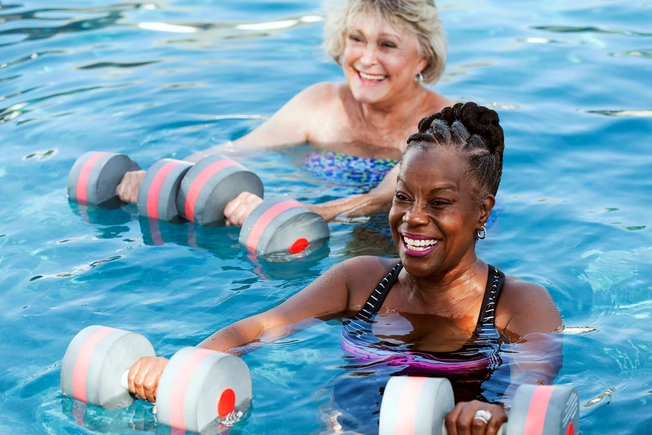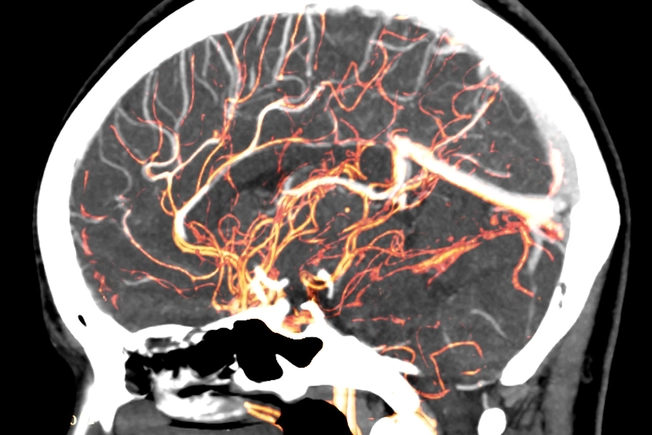How Exercise Affects Your Brain


It May Help You Pay Attention
Have you checked your individual alpha peak frequency (iAPF) lately? Probably not, unless your doctor thought you might have a brain issue like epilepsy or Alzheimer’s disease. The iAPF (part of the EEG test or electroencephalogram) measures your ability to focus and pay attention. It seems to go up after you do some intense exercise. It doesn’t change that much after “steady state” exercise like a leisurely jog or bicycle ride.

It May Help You Remember
Aerobic exercise like walking, jogging, or gardening may help your brain’s hippocampus -- the part that’s linked to memory and learning -- grow. It also might slow the shrinking of your hippocampus that can lead to memory loss as you get older.
Some studies suggest the regrowth is stronger if you like the activity you’re doing. So find something you enjoy and get going.

It Helps Depression and Anxiety
Aerobic exercise eases symptoms of depression and anxiety so well, your doctor or therapist may suggest it as a treatment. It could be because exercise slows the damage and breakdown of brain cells. It may take many months to get the full benefit, so make a habit of being active.

It Can Make Your Brain More “Flexible”
Neuroplasticity is the ability of your brain to change when you learn and experience new things. Younger brains are generally better than older ones at doing this, but even those of the same age can have very different capacities.
Scientists believe both aerobic exercise and weight training seem to help make more flexible, or “plastic,” brains.

It May Help You Avoid Dementia
People who don’t exercise much are more likely to get Alzheimer’s disease and other forms of dementia. That’s in part because exercise helps prevent many of the things that are linked to dementia, like:
- Obesity
- Diabetes
- High blood pressure
- Depression
But exercise has a direct effect as well. Scientists can actually see it. More white and gray brain matter and less diseased tissue are all signs of better brain health.

It Helps Your Blood Flow
Aerobic exercise helps blood get to your brain. It’s partially because exercise makes your heart and blood vessels stronger, from the larger vessels that carry blood up to your head to the tiny microvessels in your brain.
Strong blood vessels -- and the better blood flow they create -- appear to help stop the buildup of plaques linked to dementia. Scientists also believe strong blood flow helps nourish the brain in a way that slows mental decline. Scientists continue to try to figure out exactly how this works.

It Helps You Connect the Dots
Research suggests exercise improves your ability to organize and interpret information, and act in a way that makes sense -- something called “executive function.” Just one session of exercise can start the process. Over the long term, exercise seems to change structure of white matter in your brain in a way that helps brain cells connect.

It Helps You Sleep
We know exercise can help you keep an even mood, wind down at bedtime, and establish a healthy sleep-wake cycle (circadian rhythm). The exact brain effects aren’t always clear, but people who exercise more tend to get more “slow wave” sleep -- the kind of deep sleep that helps revitalize your brain and body.

How Much Exercise Makes a Difference?
Standard recommendations call for 30 minutes of moderate exercise on most days of the week. That’s a great place to start. But doubling that up may give your brain even more benefits. The length of each individual session matters, too. Research shows that some of the best benefits come in exercise sessions that last 45-60 minutes.